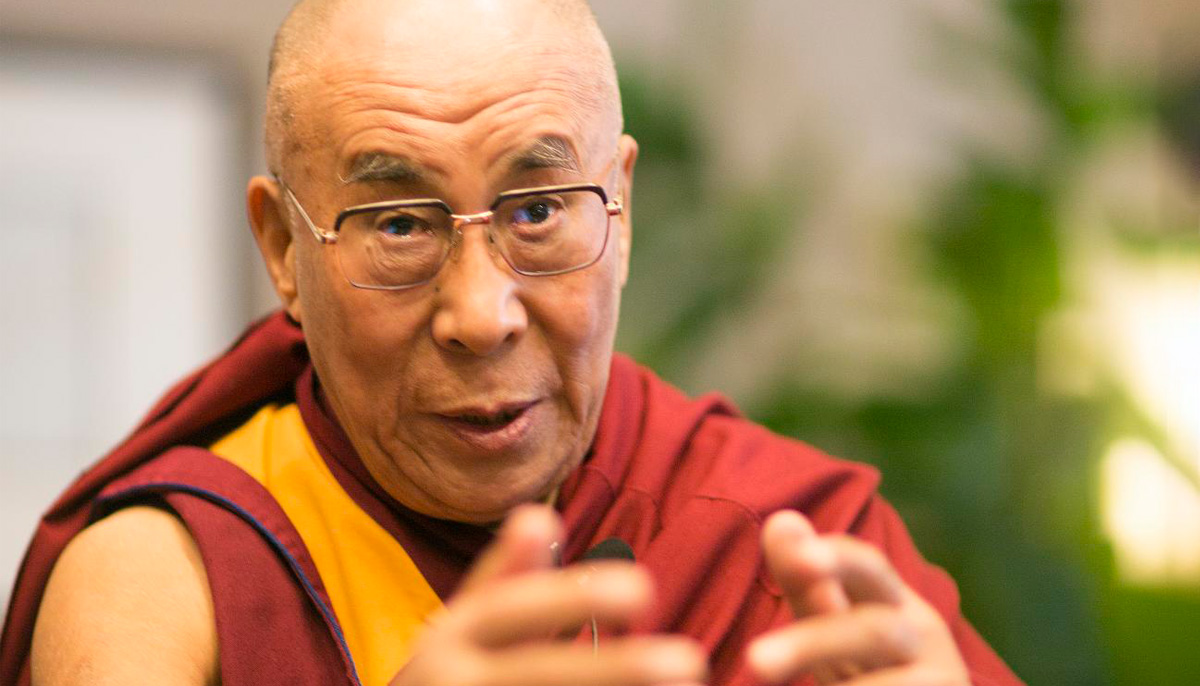The head of the Tibetan government-in-exile, Penpa Tsering, has defended His Holiness the Dalai Lama after a video circulated online showing the spiritual leader of Tibet kissing a boy on the lips and telling him to suck his tongue at a public event earlier this year, CNN reports.
At an event in New Delhi on Thursday, Tsering told reporters that the Dalai Lama’s actions were “innocent.”
“His Holiness has always lived in sanctity, [following the life of] a Buddhist monk, including celibacy. His years of spiritual practice have gone beyond sensorial pleasures,” Tsering said. “His holiness is now being labeled all kinds of names.”
His Holiness the 14th Dalai Lama issued an statement on Monday apologizing for the exchange.
“His Holiness wishes to apologize to the boy and his family, as well as his many friends across the world, for the hurt his words may have caused,” the statement posted to his website reads. It continues, “His Holiness often teases people he meets in an innocent and playful way, even in public and before cameras. He regrets the incident.”
The video, taken in February in Dharamsala, India, shows a boy in the audience of the public event asking the Dalai Lama if he can hug him. The Dalai Lama then “speaks briefly to the boy in front of an audience before kissing him and then pulling him close to his outstretched tongue,” instructing the boy to “suck my tongue,” The New York Times reports.
The video received backlash online, which was followed by Monday’s apology. Many people criticized the Dalai Lama’s exchange with the child as inappropriate, while others explained it as a traditional greeting and display of affection in Tibetan culture.
Tibetan commentators have taken to social media to point out the cultural background of the exchange, saying the Western interpretation of the Dalai Lama’s actions may be a cross-cultural misunderstanding. A YouTube video posted by Tibetan refugee Jigme Ugen analyzes the exchange and its potential misinterpretation.
CNN also reports that Tsering “claimed that internal investigations suggested ‘pro-Chinese sources’ were behind the spread of the video on social media, but gave no evidence for the claim.”

